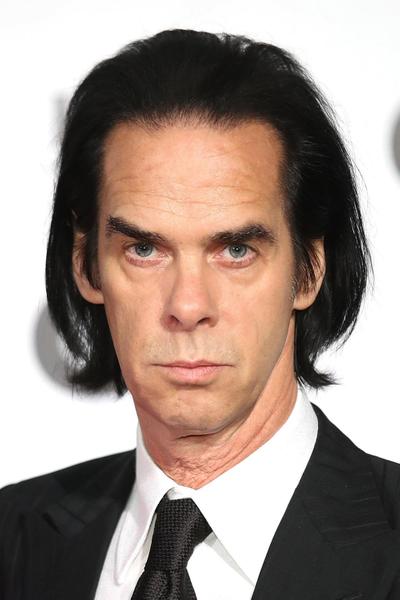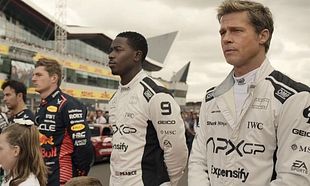20,000 Days On Earth has everything that's expected from a biographical music documentary but its approach is quite, making it one of the most original movies of the year.
Directors Iain Forsyth and Jane Pollard adopt a quasi-story structure that takes the musician-writer through one day in his adopted home of Brighton. With a poetic narration backed by low key music Cave drives about imagining conversations with past collaborators – a grumpy Ray Winstone, who starred in Cave's The Proposition, and a luminous Kyle Minogue chat about the ramifications of getting older and stage presence respectively. Then it's off to his therapist where Cave reflects on a happy childhood, sex, drug addiction, and his relationship with his father, before meeting his archivist who presents Cave with forgotten photos, diaries and recordings. Dotting the way are jam sessions for Cave's Push The Sky Away.
Retirement, reinvention, legacy, and the future might be the film's touchstones but the theme Cave keeps returning to here is the power of transformation. Regaling his therapist on how his father would change when reading him a passage from Lolita, how the discovery of soft porn in a quiet man's bedroom rendered the ordinary room something else, and how the intensity of a Nina Simone gig changed those who experienced it forever, the possibilities of transformation looms large for Cave.
While it's interesting to get inside Cave's creative process, and how the band function in the studio, the scenes where they work through half-formed tunes are the film's weakest moments; ironically, as Cave talks about how he's more ruthless with editing songs, it's these scenes that drag. However, it is interesting to see how a loose studio jam transforms (there's that word again) into a monster on stage during the closing credits.
The odd jaunt into self-indulgence is to be expected but 20,000 Days On Earth surprises at every turn. There is no rundown of the ‘hits', no fan gushing, no engineer lounging across a mixing desk. Even then it steps further away from what a biographical music doc is supposed to do in the stripping away of the Cave's persona: If the (uncool) confessions won't do it, the scoffing pizza with his twin sons while watching Scarface moments before going on stage will.
If Nick Cave doesn't achieve that transformative power he desperately seeks through music, he's certainly contributed to reinventing the music documentary. Hopefully forever.
Oh, and the Cinema Paradiso-esque finish is terrific.




















































































